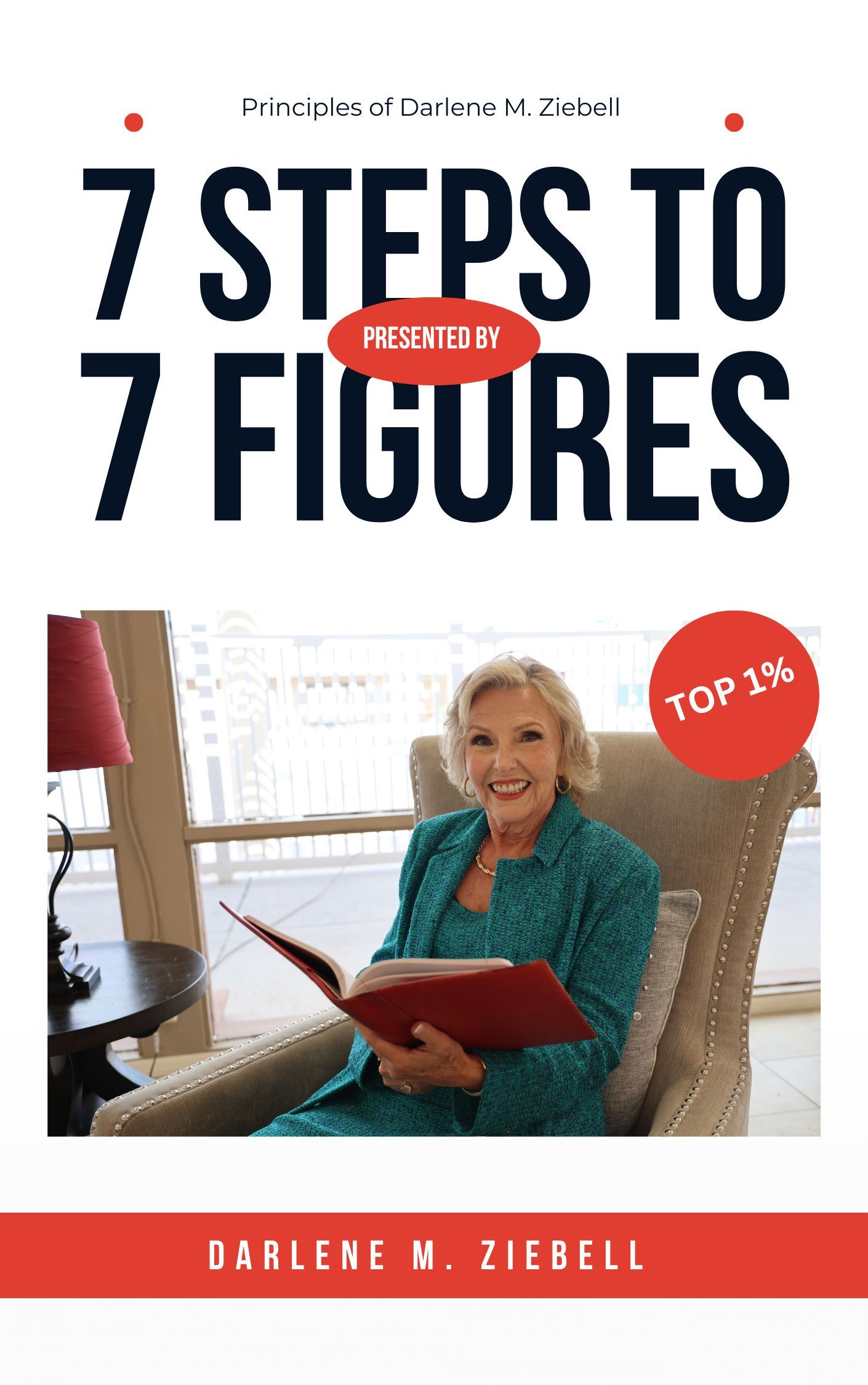The Art of Making (and Walking Away From) a Deal Knowing When to Say Yes or No

As business owners, deals often define our success. Whether you're negotiating with clients, suppliers, or investors, every decision has a ripple effect on your business. But here's the truth: not every deal is worth saying "yes" to. Knowing when to walk away can be just as powerful as closing the deal.
The Cost of Saying Yes to the Wrong Deal
Saying yes to every opportunity can feel tempting, especially if you’re eager to grow. But agreeing to terms that don’t align with your business strategy, values, or financial health can lead to long-term setbacks.
Think about it: a client demanding steep discounts might eat into your margins. A supplier offering a lower price but compromising on quality could tarnish your reputation. An investor requiring too much control could dilute your vision. The cost of saying "yes" without thorough evaluation is rarely worth it.
Signs You Should Walk Away
Here are some clear indicators that it’s time to pass on a deal:
- It Doesn't Align with Your Goals: If the deal doesn’t support your long-term strategy, it’s a distraction, not an opportunity.
- The Financials Don’t Add Up: Run the numbers. If the deal negatively impacts your bottom line, it’s better to let it go.
- Unreasonable Terms: If the other party isn’t willing to negotiate fairly, it could lead to a strained relationship later.
- A Gut Feeling: Trust your instincts. If something feels off, investigate further before committing.
Walking away isn’t a failure; it’s a strategic decision that protects your business from unnecessary risks.
The Power of Saying Yes (At the Right Time)
On the flip side, recognizing the right deal can transform your business. A great deal is mutually beneficial. It aligns with your goals, strengthens your position, and builds long-term relationships.
To determine if you should say yes, ask yourself:
- Does this opportunity fit my business objectives?
- Are the risks manageable, and do the rewards outweigh them?
- Is this partner trustworthy and aligned with my values?
When the answer to these questions is yes, you’re not just making a deal—you’re creating an opportunity for growth.
How to Master the Decision-Making Process
- Prepare Thoroughly: Know your numbers, objectives, and limits before entering any negotiation. Understanding your walk-away point prevents emotional decisions.
- Separate Emotion from Logic: Negotiations can feel personal, but decisions must remain objective. Focus on facts, not feelings.
- Think Long-Term: Evaluate how the deal will impact your business 6 months, 1 year, and 5 years from now.
- Consult Trusted Advisors: A fresh perspective can help you weigh the pros and cons without bias.
Your Greatest Strength: Walking Away with Confidence
Some of the best deals you’ll ever make are the ones you walk away from. It’s not about fear; it’s about protecting what you’ve built and staying true to your vision.
Remember, every “no” clears the path for the right “yes.” Walking away is not the end of an opportunity—it’s often the beginning of something better.
As a business owner, mastering the art of making and walking away from deals will set you apart. It’s not about how many deals you close; it’s about closing the right ones. And that, my friends, is where real success lies. Connect with me here and let’s discuss whether your deal is a yes or a no.
Written by Darlene M. Ziebell
Stay connected with news and updates!
Join our mailing list to receive the latest news and updates from my blog.
Don't worry, your information will not be shared.


